
Feline stomatitis (often called feline chronic gingivo-stomatitis (FCGS) by veterinary dentists) is a complex and painful disease that causes severe inflammation of cats’ entire mouths, including the gum tissue around their teeth and their mucous membranes.
While the precise cause of this disease isn’t clear, most experts believe that it results from an abnormal and overactive immune reaction. The immune systems of cats suffering from frequent viral or bacterial infections may start “attacking” their mouths’ healthy tissue, resulting in swelling and pain. Cats with weakened immune systems due to FIV or FeLV infections may also be more prone to developing stomatitis.
The earliest symptoms of stomatitis in your own kitty are: a foul odor eminating from her mouth, often accompanied by excessive salivation and/or drooling; she isn’t grooming herself as often; she may drop food from her mouth or cry out while she’s eating. Some cats’ mouths become so painful that they’re hesitant to eat and may avoid food to the point where they begin losing weight.
Should you notice any of these symptoms in your kitty, bring her to the vet immediately for a thorough examination. A diagnosis of stomatitis is based primarily on her medical history and her symptoms. Blood and urine tests will look for some underlying systemic disease that may be responsible for her inflamed gums and oral tissues. Dental x-rays will determine if there’s any damage to the tooth roots and other supporting structures.
The first step in treating your cat (most often, no specific underlying cause can be identified) is a complete oral health evaluation of her mouth and the removal of all plaque and tartar under general anesthesia. The deposits of plaque and tartar are removed with ultrasonic scaling followed by polishing of the tooth surfaces. It’s essential to meticulously clean the tissues beneath the gumline in order to remove any accumulated plaque or tartar. Afterwards, the gingivitis should subside, although some cats will require frequent dental cleanings to help keep their mouths as healthy as possible.
Treating your kitty at home involves brushing her teeth and using either chlorhexidine rinses or gels to manage the disease. Your vet may prescribe pain medications, broad-spectrum antibiotics and/or anti-inflammatory medications for her. If she’s hesitant to eat in the first few days following this procedure, your vet can prescribe an appetite stimulant for her. If she’s accustomed to eating hard kibble, feed her canned food instead and keep her on a softened diet while she’s healing. Once the gum tissue has healed, she may be willing and able to eat kibble again.
If, however, at some point, several or all of her teeth need to be extracted, she can still do very well – provided she continues to have routine dental evaluations and treatments. Once her mouth is free of pain and inflammation, not only will her appetite improve so will her attitude and, most importantly, her quality of life.

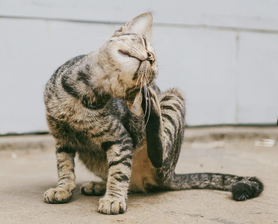
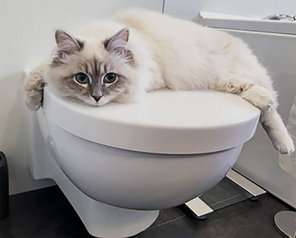
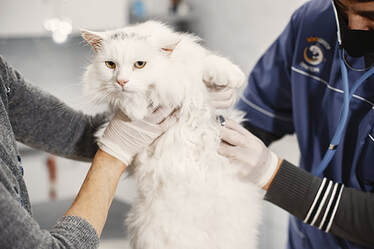
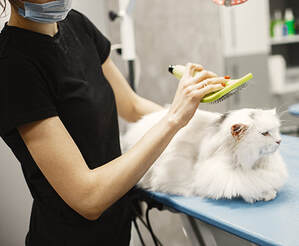
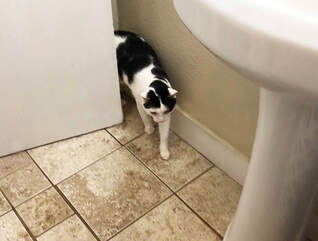
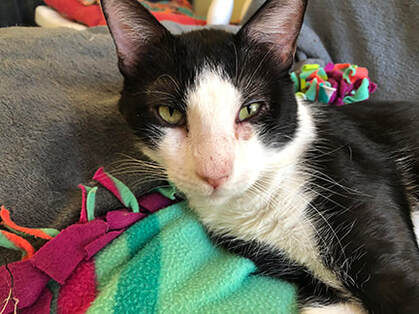

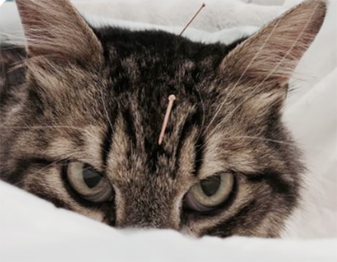









 RSS Feed
RSS Feed